Key Dates
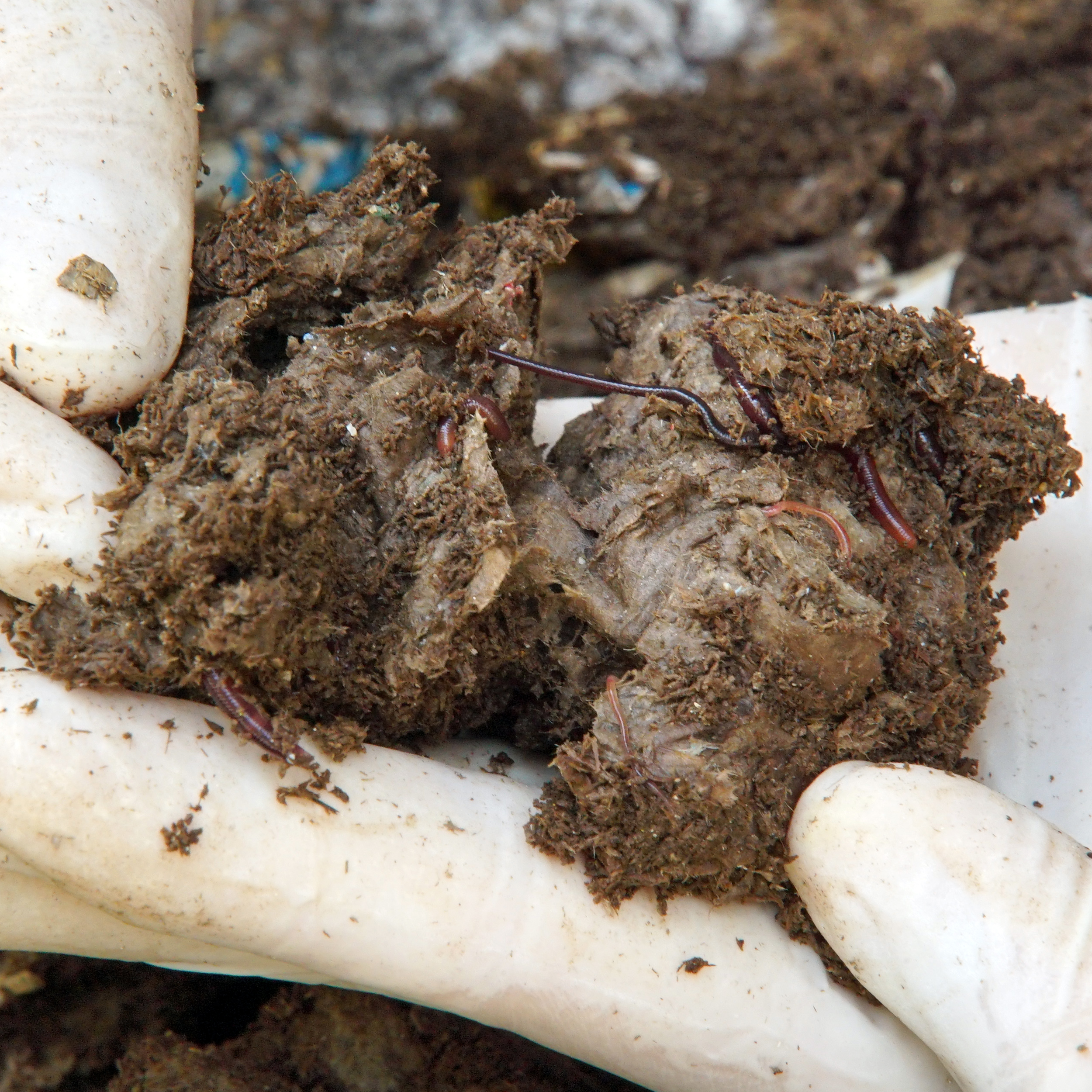
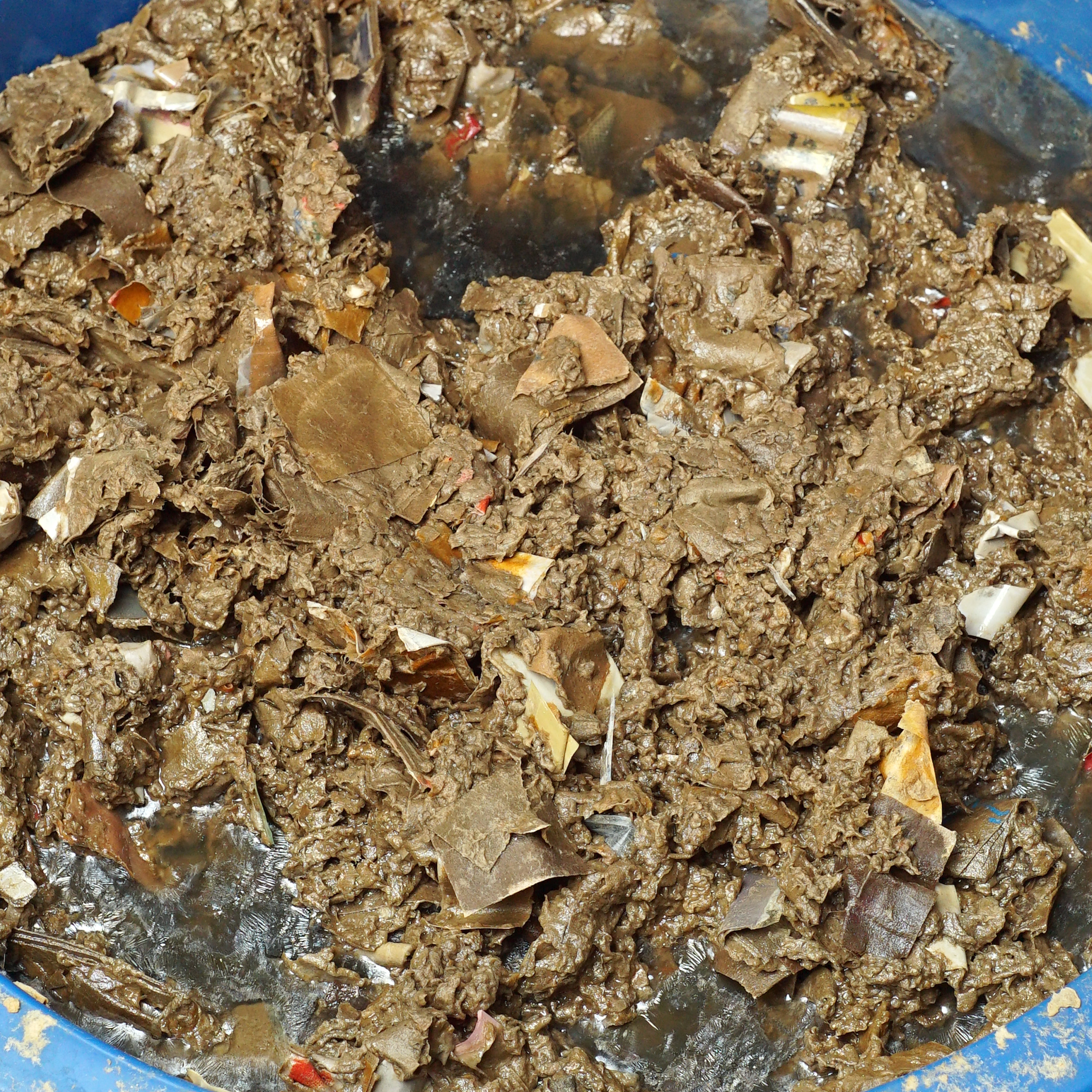
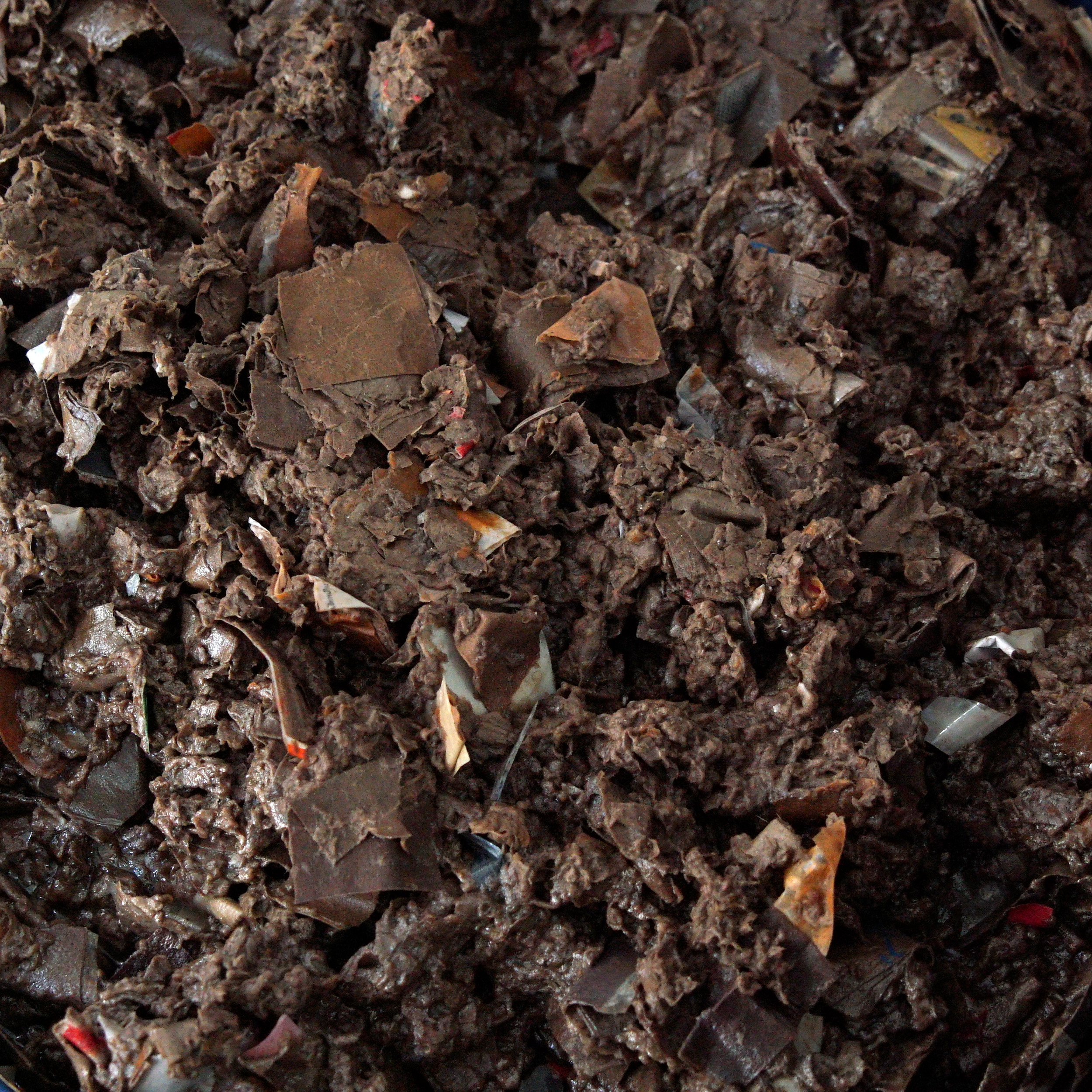
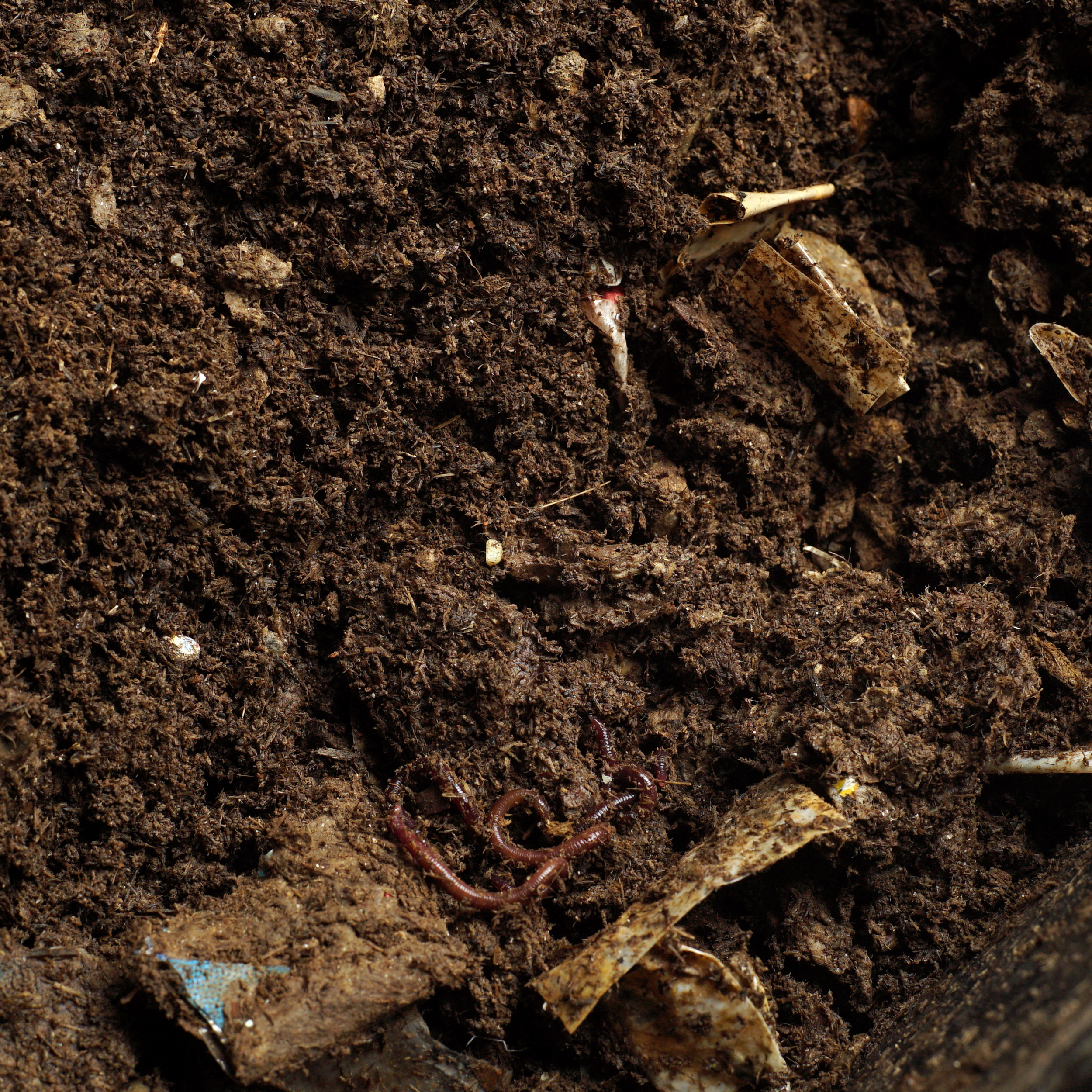
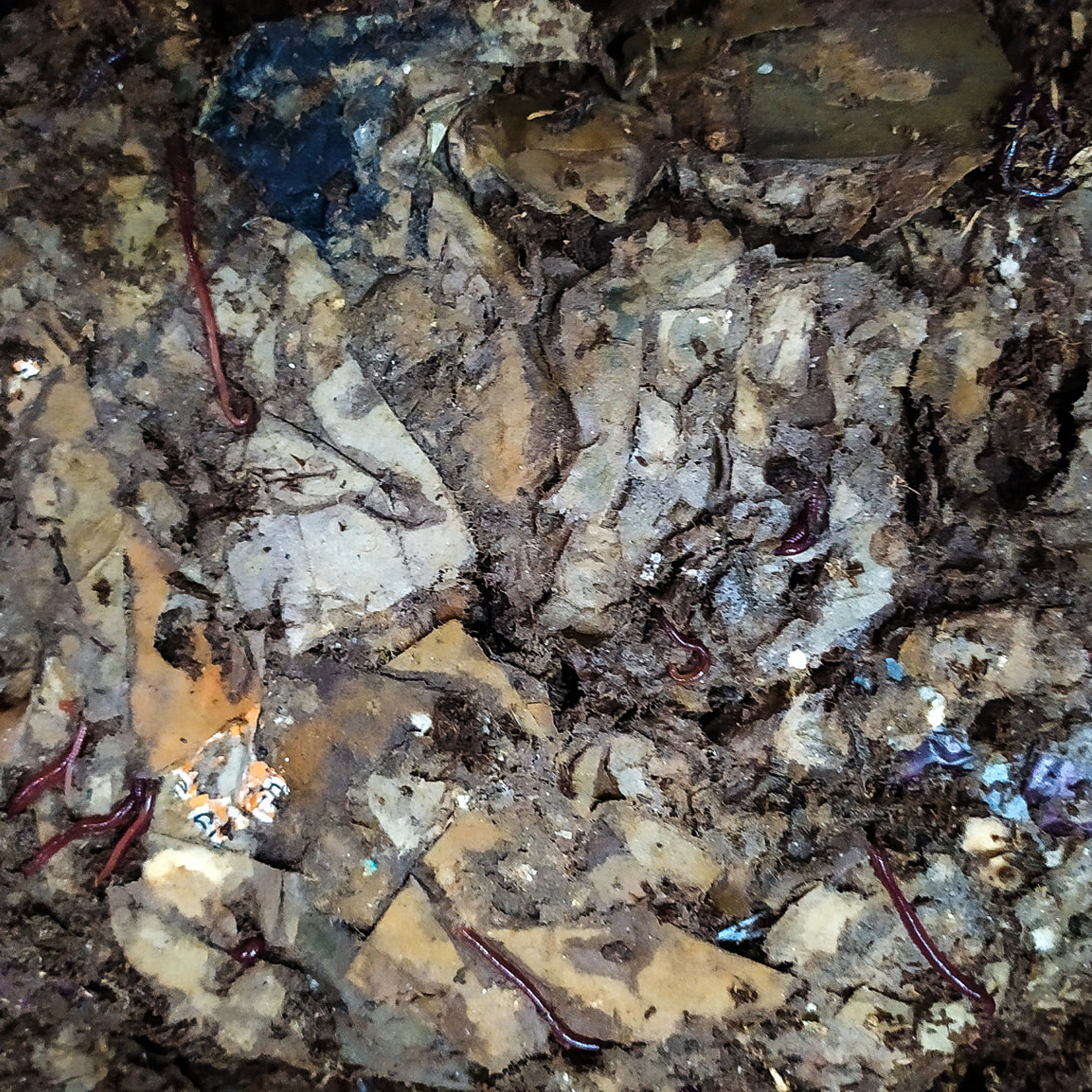
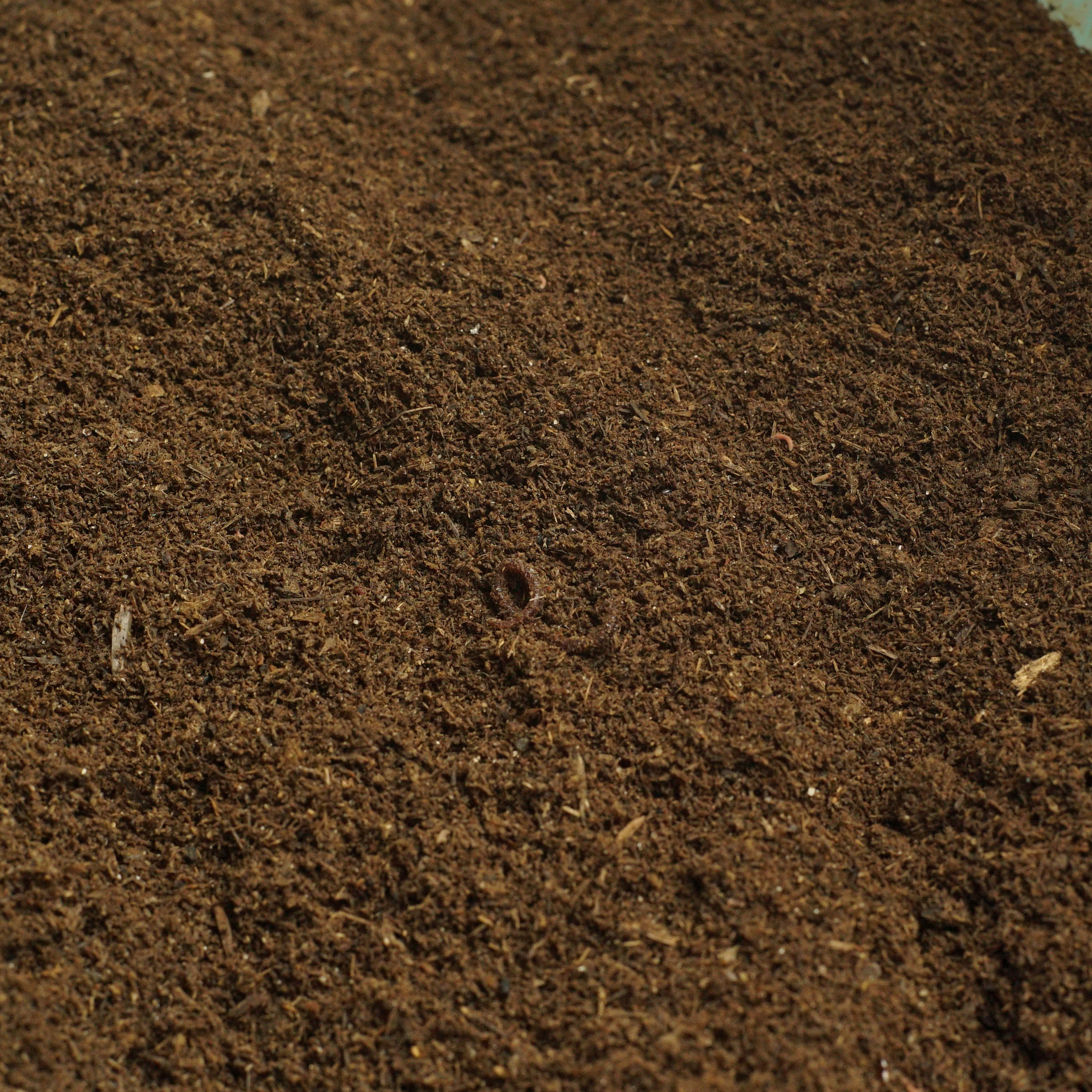
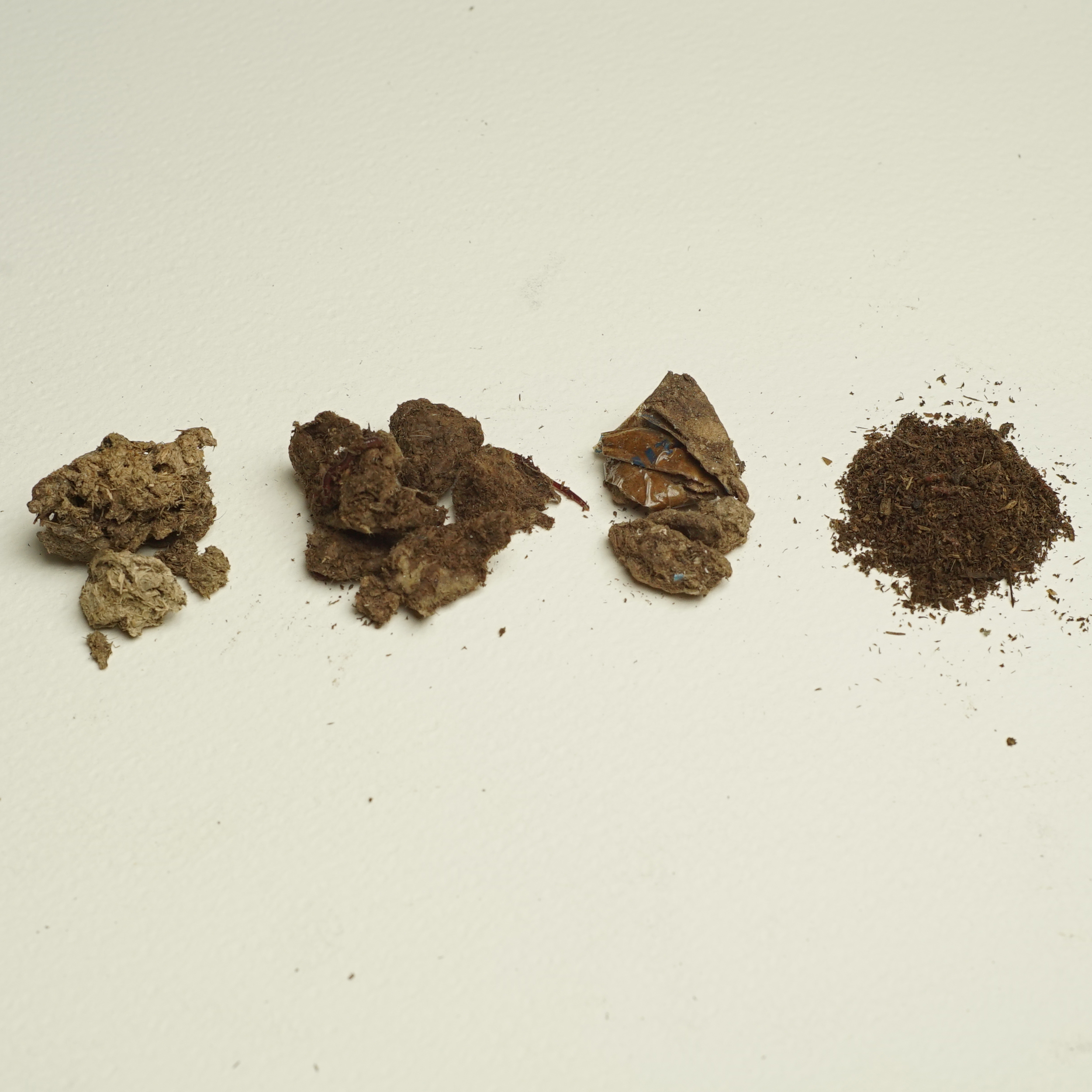
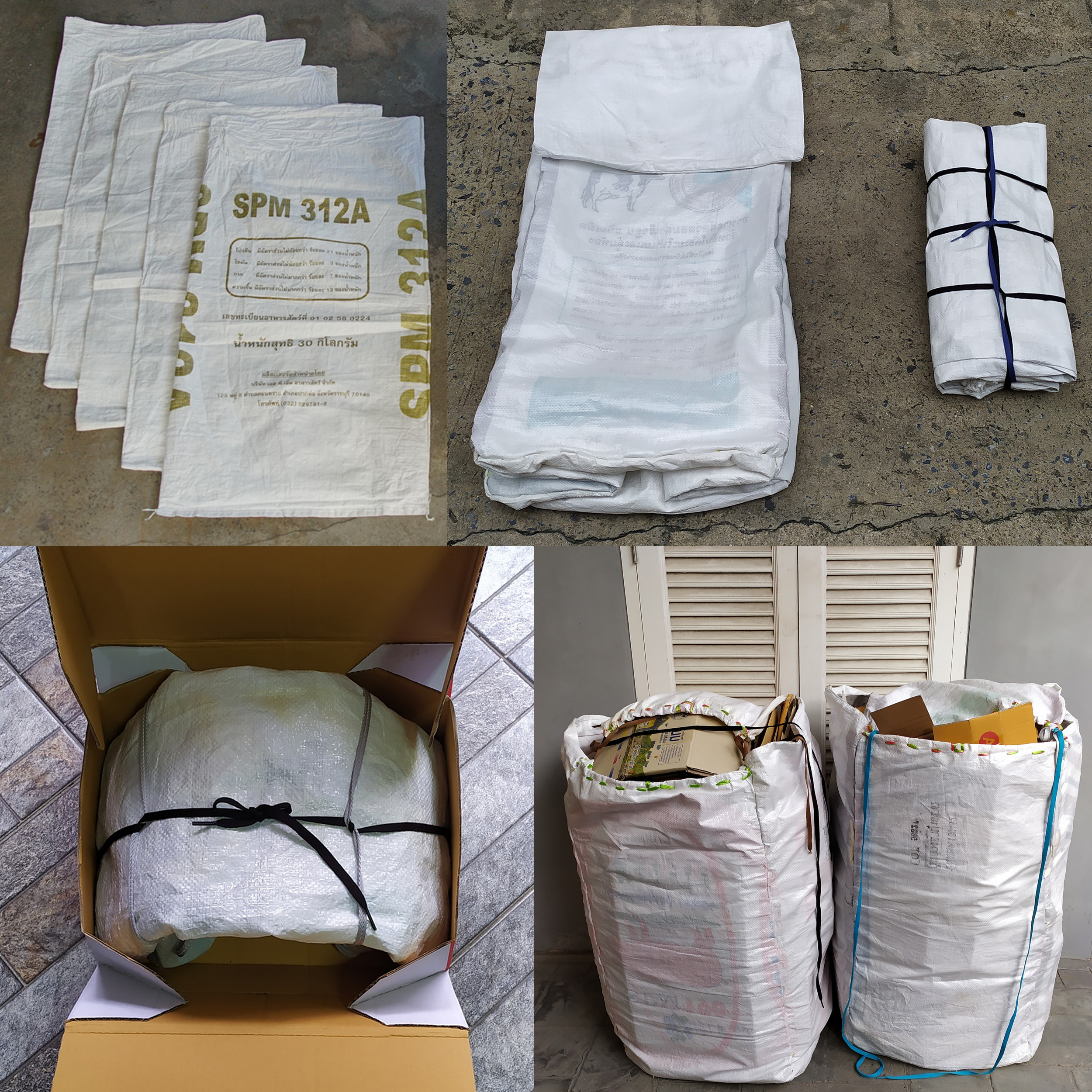
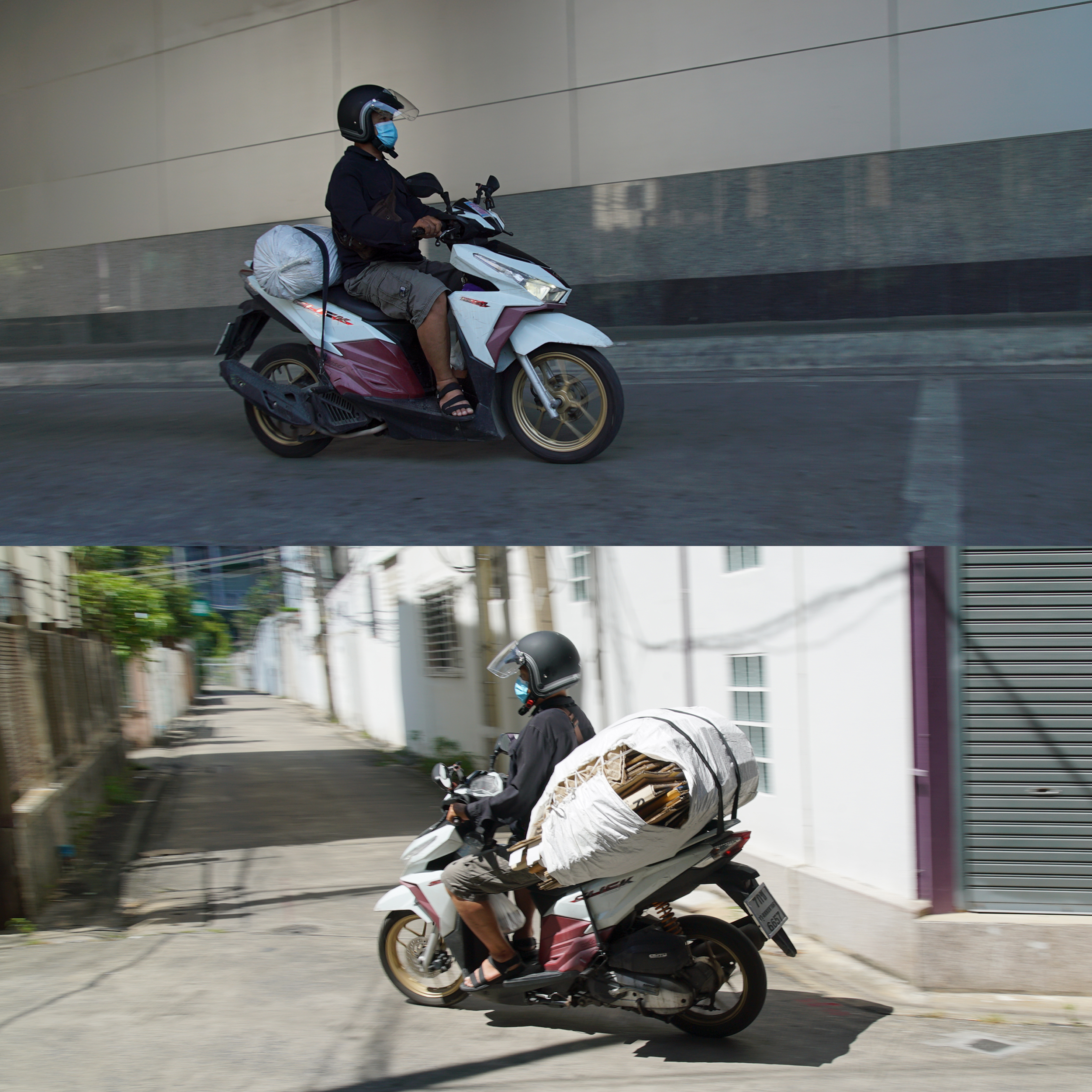
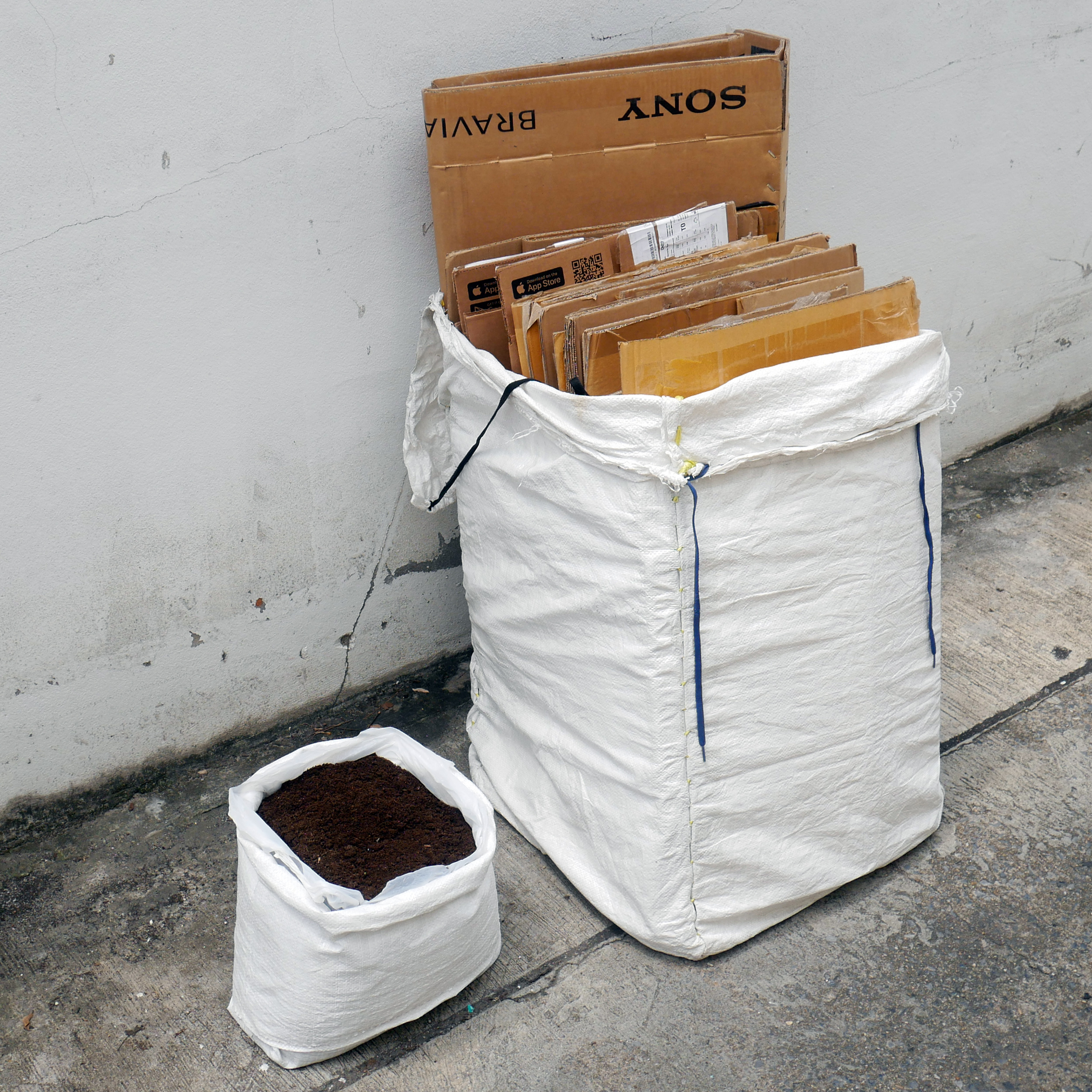
Image Credit : White Sack, Bangkok, TH
Project Overview
White Sack service exchanges your household paper waste with quality fresh organic compost with lively earthworm in it. The process starts from subscribers separating household paper waste, especially corrugated fibre boards from postal and packages, then we collect and put them in a process that transform them into vermicompost and send back to subscribers to use in pot-planting or gardening. The key success is White Sack’s innovation of corrugated fibre boards transforming process that takes only 11 weeks to decompose paper waste, which take shorter time to decompose paper waste than landfill process. This process doesn’t need any machines and is non-chemical and the result of this process is not soil but ‘fresh compost’ which helps nurturing the soil and also promote breeding of earthworms in soil to create soil ecosystem that benefits planting in a long run.
Organisation
Team
Project Brief
Paper waste seems like it can be easily managed, but don’t overlook the massive increasing need for paper in the modern day lifestyle. Online shopping and worldwide shipping need tons of paper boxes, postal packages or fibreboards cartons while paper waste recycling manufacturers consumes loads of chemicals, machines and energy, emitting pollutions to the world. White Sack encourages household to separate paper waste from online shopping and transform them into nutrition for plants and soil. We call the process of using compost made from paper waste as creating Biodegradable Ecosystem because after transforming paper waste into vermicompost, the microbes that lived in fibre will help create Nitrogen that also support the living of earthworm larvae in the vermicompost. That said, separating paper waste and sending them to White Sack really does create healthy ecosystem in soil and help the breeding of earthworms that have important role to nurture plants and soil. White Sack’s vermicompost is high quality and also reduces paper waste from cycle. In 2020, White Sack managed 1.4 tons of paper waste while produced 3 tons of vermicompost.
Project Innovation/Need
Compost from waste is usually made in household. However, when a household mix industrial material waste with other waste like food waste, microbes in nature couldn’t work efficiently because they need different time period to decompose each material. White Sack studied Dairy Cattle Ruminant Digestive and discovered microbes that is efficient in decomposing fibre. We tested this process by simulating cattle digestive system in beddings for African Night Crawler earthworms, making them a living bed and food for those microbes. In Thailand, we usually use cattle dung to feed earthworms, however, White Sack uses decomposed fibre boards that have microbes living in them to feed earthworms, decomposing them the second time. With this process, paper waste creates more value than household decomposing.
Design Challenge
White Sack’s process is a new concept that connects the dots from waste management to planting. White Sack saw trend of increasing paper waste from online shopping, especially in Bangkok where it was driven faster from covid-19 lock down and the lower price for paper waste from recycle plants, along with the trend of planting and collecting plants in the household which is also growing rapidly from people spending more time at home. These trends made room for White Sack who offers services of collecting and managing paper waste from households and transforming them into vermicompost and returning them to household to use in planting. Vermicompost from White Sack is crumbly and has suitable temperature for earthworm hatching. Using White Sack vermicompost will relocate those earthworms into the plant pot or garden to help better the soil quality in the long run. The challenge is to communicate benefits of vermicompost and efficiency waste sorting methods to in an easy way through design media.
Future Impact
With this speed of increasing waste from online shopping, spaces that contributed to waste management may not be sufficient in the near future. If any households could sort waste that can be upcycle into something that is good for the environment around them, that might be the answer. Community could create public garden and planting space that also can be use in waste management, to make a better living environment. White Sack is a choice people can choose to upcycling waste sustainably for the better future. White Sack’s unique process offers 3 benefits for community; first, the upcycling process is biodegradable process so there is no pollution in any ways, second, the outcome (vermicompost) help increasing city planting in household and in community, and third, vermicompost adjusts and increases quality of soil in the long run by increasing earthworms in soil. In 2020, White Sack managed 1.54 tons of paper waste, and increased to 1.88 tons in 2021, using only a 120-squaremetres space, and we can install more units used in transforming paper waste in this space. If more households or communities agree to sort corrugated fiberboard paper waste for White Sack, we can set up White Sack Micro Factory in those communities to create eco and sustainable paper waste management system that encourage city planting in the same time.
Better Future - Environmental Sustainability
Projects that encourage a positive environmental impact through understanding and implementation of the Sustainable Development Goals.
More Details


